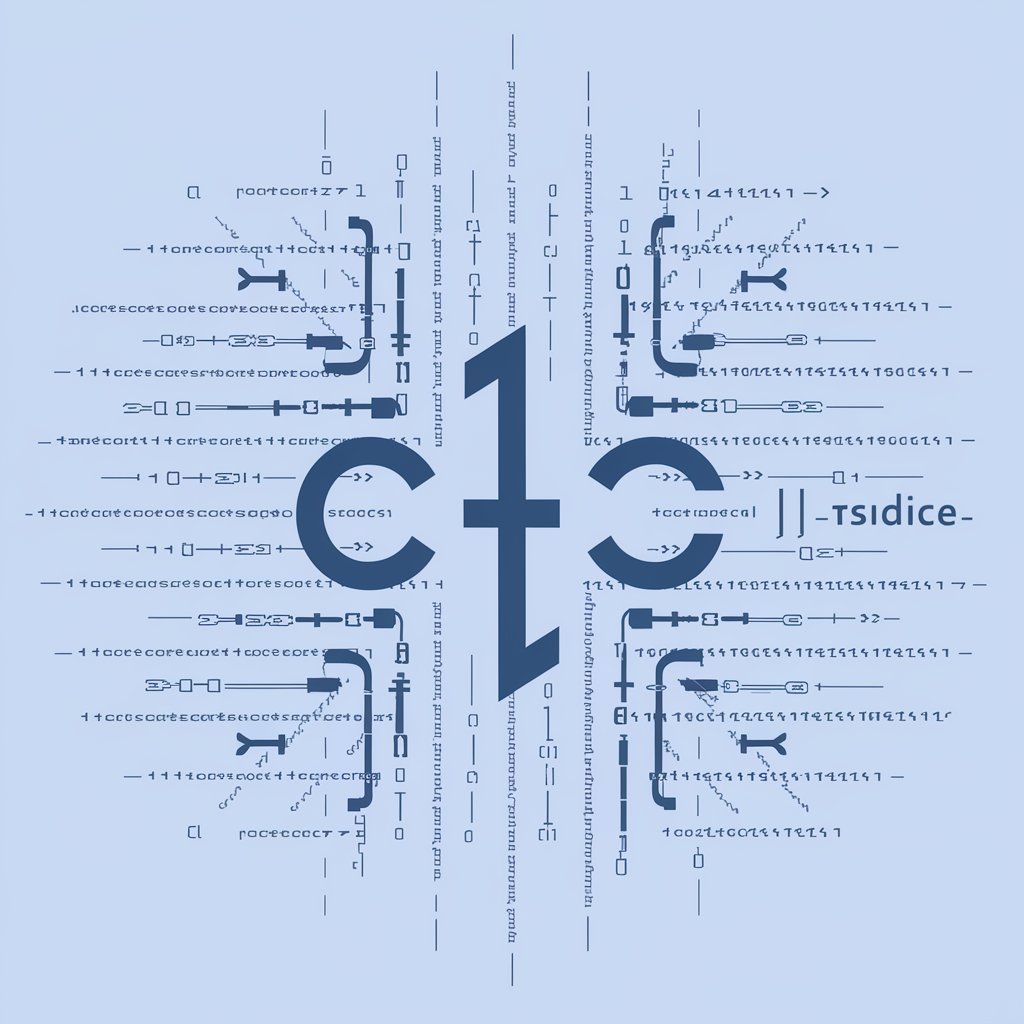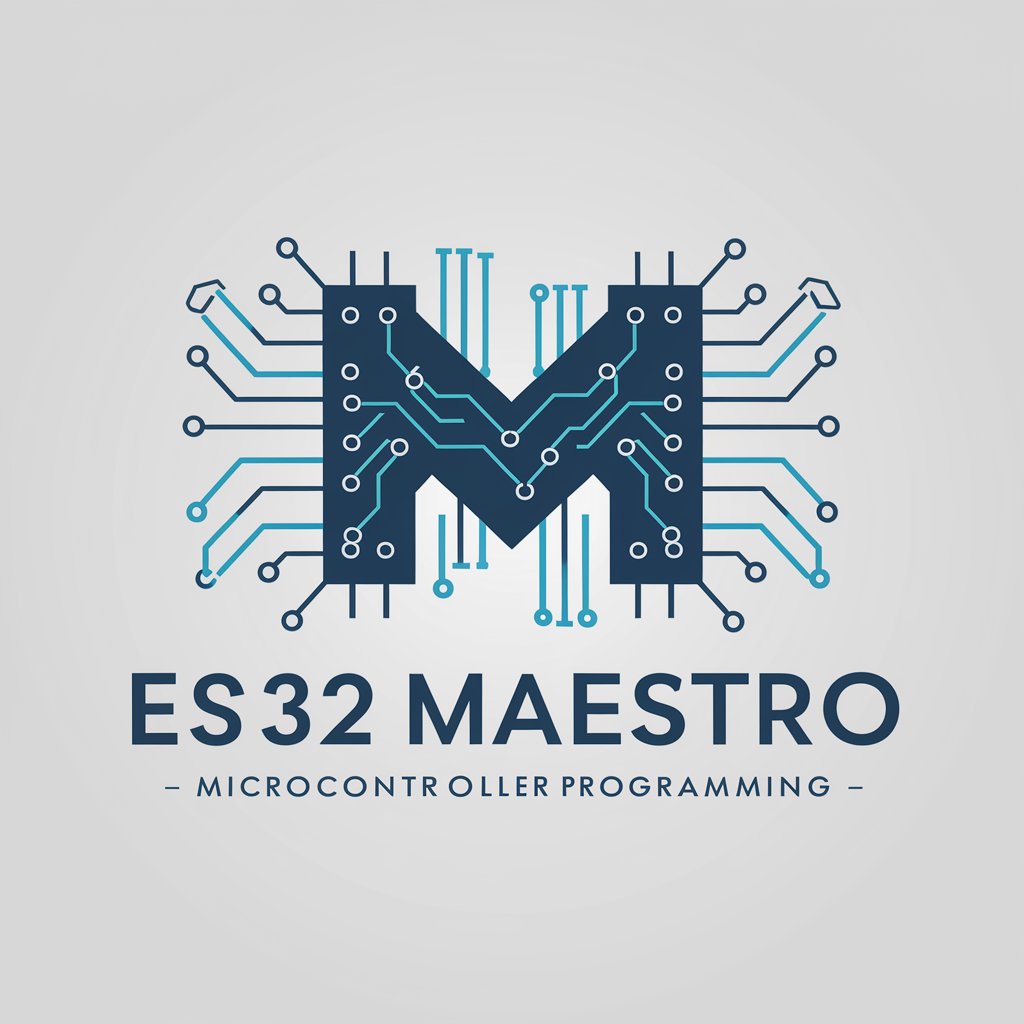C++ - C++ Programming Assistance

Hello! Need help with a C++ coding challenge?
AI-powered C++ Coding Assistant
Solve this C++ competitive programming problem:
Write a C++ function that:
Given the following input/output samples, create a C++ solution:
Optimize the following C++ code for competitive programming:
Get Embed Code
Introduction to C++
C++ is a middle-level programming language developed by Bjarne Stroustrup starting in 1979 at Bell Labs. C++ runs on a variety of platforms, such as Windows, Mac OS, and the various versions of UNIX. This language is considered object-oriented and enables low-level memory manipulation. This makes it not only useful for developing complex systems software like operating systems and network drivers, but also in applications that require real-time physical simulations, games, and other high-performance tasks. One fundamental aspect of C++ is its ability to express common programming constructs more simply than its predecessor, C, while providing fine-grained control over hardware. Powered by ChatGPT-4o。

Main Functions of C++
Memory Management
Example
int* ptr = new int(5); delete ptr;
Scenario
C++ provides direct support for manual memory management through new and delete keywords, enabling developers to control dynamic memory allocation, crucial for resource-constrained software like embedded systems.
Object-Oriented Programming
Example
class Car { private: int speed; public: void accelerate() { speed += 10; }};
Scenario
Supporting classes, inheritance, and polymorphism, C++ allows for the creation of modular programs with reusable and extendable code. This is vital in software engineering, reducing complexity and improving maintainability of large software systems.
Template Metaprogramming
Example
template<typename T> T square(T x) { return x * x; }
Scenario
C++ templates enable the creation of generic functions and classes that work with any data type, facilitating code reuse and type safety. Used extensively in developing high-performance libraries like the Standard Template Library (STL).
Low-level Manipulation
Example
int a = 0; int* b = &a; *b = 10;
Scenario
C++ provides the ability to manipulate hardware directly through pointers and references. This is essential in system-level programming where direct memory access and device management are required.
Ideal Users of C++
System Software Developers
These users benefit from C++ due to its efficient performance and the control it offers over system resources, ideal for developing operating systems, file systems, and network drivers.
Game Developers
C++ allows for the high degree of control over hardware resources and memory management required for developing complex, resource-intensive video games that run efficiently on various platforms.
Embedded Systems Engineers
For developers working on firmware and embedded system applications, C++ is valuable because of its ability to perform low-level hardware manipulation while still providing high-level OO features.
Financial Industry Professionals
C++ is widely used in the finance industry for high-frequency trading systems due to its performance critical for processing transactions and data analysis rapidly.

How to Use C++ Effectively
Begin with Setup
Visit yeschat.ai for a free trial without login, also no need for ChatGPT Plus.
Download Compiler
Install a C++ compiler such as GCC or Clang, depending on your operating system. This will enable you to compile and run C++ programs.
Choose an IDE
Select an Integrated Development Environment (IDE) like Visual Studio, Code::Blocks, or Eclipse to write, debug, and manage your C++ projects efficiently.
Learn the Syntax
Study basic syntax including variables, control structures, functions, and classes to understand how to structure your code.
Practice Regularly
Apply your knowledge by working on projects or solving problems on platforms like Codeforces or LeetCode to refine your skills and learn new concepts.
Try other advanced and practical GPTs
AISquare
Elevate Web Development with AI

GTA V RP Scripting, ESX, QBCore, and FiveM Expert
Empower Your GTA RP with AI

Jim's 10K Analyzer
Unlock Financial Insights with AI

小白的投资老师
AI-Powered Investment Mentor

QT 专家
Empowering QT Development with AI

Aquiles Casabona
Empower Creativity with AI

ESP32 Maestro
Powering Microcontroller Innovation with AI

Maestro de Fantasía Épica
Elevate Your Fantasy Narratives

كتابة عربية ابداعية
Empowering Creativity with AI

Image Prompt احترفوا البحث عبر الذكاء الاصطناعي
Perfecting Imagery with AI

SME
AI-powered, custom-tailored solutions

Web
Smart AI for Smarter Decisions

In-Depth Q&A About C++
What are the basic data types available in C++?
C++ offers several primitive data types including int, char, float, double, and bool, as well as compound types like arrays, structs, and pointers.
How does C++ handle memory management?
C++ provides manual memory management capabilities through operators new and delete, allowing developers control over memory allocation and deallocation.
Can you explain the use of templates in C++?
Templates support generic programming in C++, enabling functions and classes to operate with generic types. This allows for more flexible and reusable code.
What are the benefits of using STL in C++?
The Standard Template Library (STL) offers a rich set of methods and data structures, like vectors, maps, and sets, that can be used to enhance code efficiency and readability.
How do I improve my C++ programming for competitive coding?
Mastering STL, understanding algorithm complexity, and practicing with real problems on competitive coding platforms are crucial steps to enhance your C++ coding skills for competitions.
